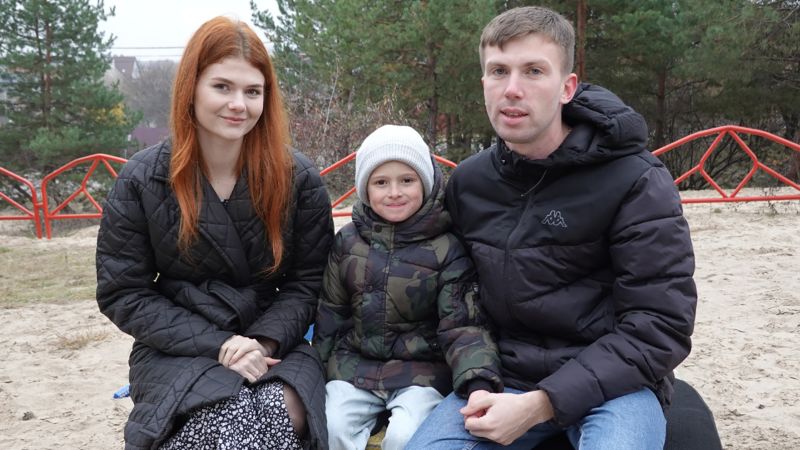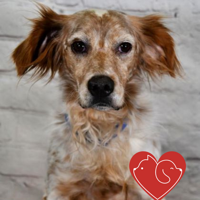A local nonprofit hopes to educate the community on how to safely handle wild baby animals, as baby animal season is just around the corner.
The Northern Colorado Wildlife Center, a nonprofit that rehabilitates sick or injured wildlife back into the wild while educating the public about the natural history of the area’s native wildlife, hopes to let people know residents what to do if they find a wild animal need.
Tallon Nightwalker, the center’s director, said the recent desire to lobby for public education stemmed from a box turtle the center began caring for in early February who was suffering from a number of deformity issues because she had been cared for by a resident and not cared for properly.
Nightwalker said the turtle – which they named Bill, a practice they don’t usually do since the animals are meant to be released into the wild and not kept as pets – was taken in by a resident seeking to help . But, because the resident lacked the proper training or equipment, the turtle developed deformities as it grew, including along its shell and beak.
Nightwalker said while it’s common for the center to receive animals that concerned residents have picked up and tried to care for, Bill’s case was particularly serious. Kate Boyd, volunteer and operations coordinator as well as chair of the board of the Northern Colorado Herpetological Society, said it was the worst case she had ever seen.
“It’s really some of the most compassionate people we see who can sometimes cause the most harm to animals,” Nightwalker said. “Especially babies, because they’re at that stage of development…and it can put them (on the wrong track) in life.”
He said that the season for the birth of wild babies is coming quickly. He said in the spring, starting in March, residents can expect to see more baby mammals like foxes and raccoons, reptiles and birds.
Nightwalker and several other members of the wildlife center agreed that as this time approaches, it’s important for the community to know the best way to handle a baby or adult animal that appears to need medical help.
The most important advice shared by the group is to not try to take care of the animal on your own.
Lisa Lindenbaum, a volunteer and member of the center’s board of directors, said that while many people can see other people online taking sick or injured animals to try and treat them, which people don’t realize, is that they can end up causing more problems. .
“There’s nothing in your house that an expert can do with drugs,” Lindenbaum said, later adding “you can do a lot more damage than good.”
Michela Dunbar, rescue and services coordinator, added that it can be difficult for untrained residents to successfully raise a wild animal like its mother might.
“Mom always knows best,” she says.
Boyd said professional rehabilitators, like those caring for animals with the wildlife center, are learning all the time about how climate and other natural changes affect animals in the wild.
She added that for many it is difficult to get out of the mindset that any knowledge can easily be found on Google or YouTube when it comes to helping, despite the fact that it takes years of learning and experience to successfully treat a wild animal. and return it to the wild.
“With wildlife, everything is so situational,” Boyd said.
Nightwalker said beyond the reasons to help the animals themselves, taking a wild animal could lead to the spread of disease or even lead to legal fines.
Members of the wildlife center agreed that the best course of action for a resident who finds an injured wild animal is to call a local wildlife center to help get the animal the care it needs.
Nightwalker said the work they and other wildlife centers are doing is to help rehabilitate the animal safely so it can be released back into the wild to continue its life.
“It’s about protecting wildlife and making sure they get a second chance in the wild,” he said. “We all want to work together to be the solution rather than the problem when it comes to human-wildlife interactions.”
More information and contact information can be found at nocowildlife.org.

 Christ Yoder
Christ Yoder
/cloudfront-us-east-1.images.arcpublishing.com/gray/ODYKQRO5GRGJREMXBZNK5UFIX4.jpg)


